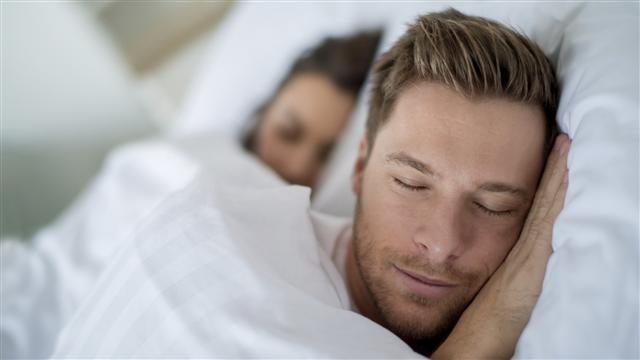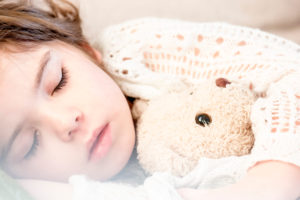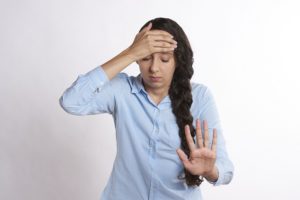
If the current Coronovirus situation is playing havoc with your sleep routine, then you’re not alone.
People all over the world are reporting that they can’t get to sleep or are waking up during the night unable to go back to sleep.
Sleepless nights make us more irritable and anxious, and prolonged lack of sleep can contribute to a low immune system and depression.
How Much Sleep Do We Need?
Most adults need between seven to nine hours of sleep per night to function at our best. Children and young people need even more.

The amount of sleep children need will vary according to the child’s age and stage of development. The younger the child, the more sleep they need.
As no two children have identical sleep habits, the following are guidelines.
Children under the age of five should be getting anywhere between ten to sixteen hours sleep, including naps.
Children aged 6 to 12 years old should aim for between nine to twelve hours, and teenagers (13 to 18 years old), eight to ten hours sleep.
If you’re struggling to sleep during the Coronavirus situation, the following steps may help to get your sleep back on track.
5 Ways To Help You Sleep Better
- If you’re struggling to get over to sleep at night, practise deep breathing and deep muscle relaxation in a quiet and comfortable place where you won’t be disturbed.
- Try and give your mind time to calm down before you try to sleep by switching off all gadgets and phones at least an hour before bedtime.
- Read a book or take a relaxing bath, which will relax the body and help you unwind.

- If you’re concerned about the current Coronavirus pandemic, try and write your worries down in a notebook or seek advice on how to deal with your fears. The World Health Organisation has produced some useful information about Mental health and psychosocial considerations during the COVID-19 outbreak.
- Try and keep to a regular bedtime as this will help you fall asleep, stay asleep and wake up refreshed and rested.
- Cut back on caffeine and alcohol. Alcohol is a stimulant, and while it may help you fall asleep, it will also have the adverse effect of disrupting your sleep.
- Ensure your bed and mattress are giving you the right comfort and support levels to aid better sleep and that your sleep environment is free from distractions and reminders of your work.
Contact Us
If your bed or mattress is past its best, give us a call.
☎️028 3755 1260☎️
Telesales open 9 am to 1 pm, Mon-Sat
Collections 11 am to 1 pm, Mon-Sat
Beds & furniture email: sales@armaghbeds.com



 Price Match Promise
Price Match Promise